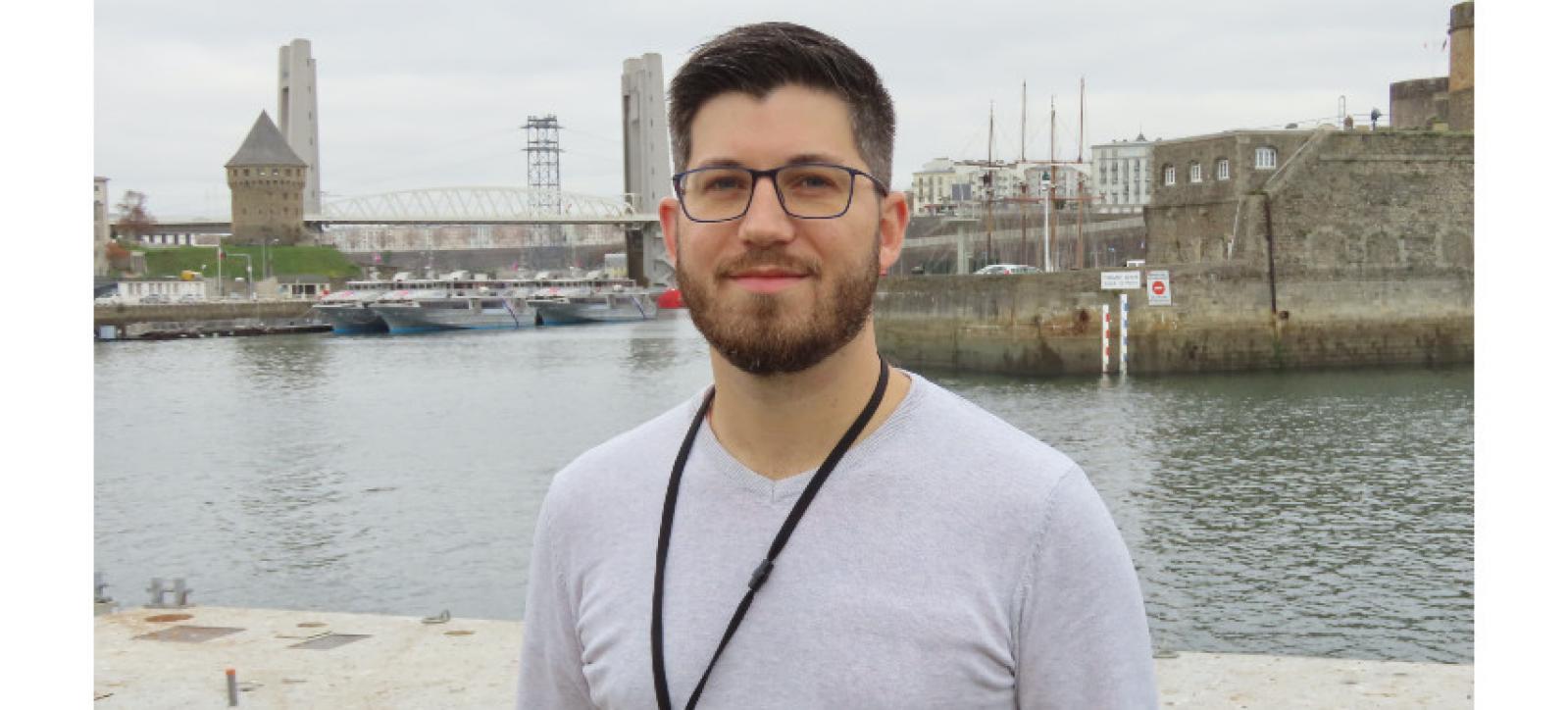What made you choose to join Naval Group?
For my thesis on hydrogen risk, I carried out my research work at the CNRS laboratory in Orléans under the guidance of the French institute for radiation protection and nuclear safety (IRSN). The IRSN is the public-sector specialist in research and expertise on nuclear and radiological risks. I am pretty open-minded and curious about other sectors, so I applied for a job at Naval Group because the naval defence industry offers many opportunities: it is a sector where strategic interests are involved and where you get to work in the field with a wide range of trades.
What has your work involved over the last two years?
It has been incredibly intense and exciting! As a Nuclear Safety Engineer, I am not assigned to any specific installation and I work on several different projects and programs.
When it comes to modifying or designing an installation, my role is to analyse technical solutions in order to guarantee the required degree of nuclear safety and obtain operating authorisations. This type of study requires a great deal of communication with the various trades involved in the projects.
So, there is lots of communication involved?
Yes indeed, and that’s also what makes my job as safety correspondent for internal and external relations so interesting. It involves both Naval Group specialities (electricity, fluids, civil engineering, etc.) and our customers, including the French Defence Procurement Agency (DGA), the Defence Infrastructures Service (SID) and the Fleet support service (SSF). Not to mention the discussions we have among nuclear safety colleagues that allow us to develop our knowledge and share feedback.
Lastly, the other strong point of my job that I particularly appreciate is the field environment.

